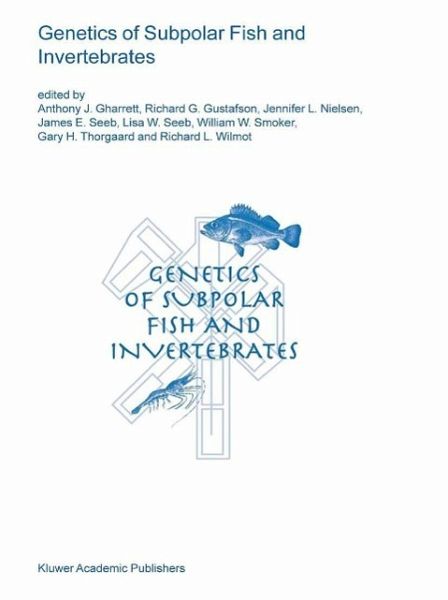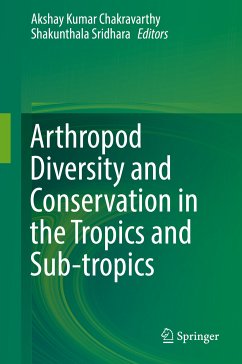
Genetics of Subpolar Fish and Invertebrates (eBook, PDF)
Versandkostenfrei!
Sofort per Download lieferbar
160,95 €
inkl. MwSt.
Weitere Ausgaben:

PAYBACK Punkte
80 °P sammeln!
Fisheries genetics researchers will find invaluable the thirty-eight peer-reviewed contributions in this book, presented at the 20th Lowell Wakefield Fisheries Symposium "Genetics of Subpolar Fish and Invertebrates," held in May 2002 in Juneau, Alaska.Looming over concerns of lost fisheries stocks and persistent erosion of genetic variability are predictions of global warming, which may further tax genetic resources. One consequence is an increased reliance on genetic applications to many aspects of fisheries management, aquaculture, and conservation.The contributions in this book are importan...
Fisheries genetics researchers will find invaluable the thirty-eight peer-reviewed contributions in this book, presented at the 20th Lowell Wakefield Fisheries Symposium "Genetics of Subpolar Fish and Invertebrates," held in May 2002 in Juneau, Alaska.
Looming over concerns of lost fisheries stocks and persistent erosion of genetic variability are predictions of global warming, which may further tax genetic resources. One consequence is an increased reliance on genetic applications to many aspects of fisheries management, aquaculture, and conservation.
The contributions in this book are important to modern fisheries science and genetics, and illustrate the evolution of the field over the past decade. The improved technology provides tools to address increasingly complicated problems in traditional applications and ecological and behavioral studies. The union between molecular and quantitative genetics, where many of the major questions about population structure and evolution remain unanswered, will also benefit from the new technologies.
Looming over concerns of lost fisheries stocks and persistent erosion of genetic variability are predictions of global warming, which may further tax genetic resources. One consequence is an increased reliance on genetic applications to many aspects of fisheries management, aquaculture, and conservation.
The contributions in this book are important to modern fisheries science and genetics, and illustrate the evolution of the field over the past decade. The improved technology provides tools to address increasingly complicated problems in traditional applications and ecological and behavioral studies. The union between molecular and quantitative genetics, where many of the major questions about population structure and evolution remain unanswered, will also benefit from the new technologies.
Dieser Download kann aus rechtlichen Gründen nur mit Rechnungsadresse in A, B, BG, CY, CZ, D, DK, EW, E, FIN, F, GR, HR, H, IRL, I, LT, L, LR, M, NL, PL, P, R, S, SLO, SK ausgeliefert werden.












